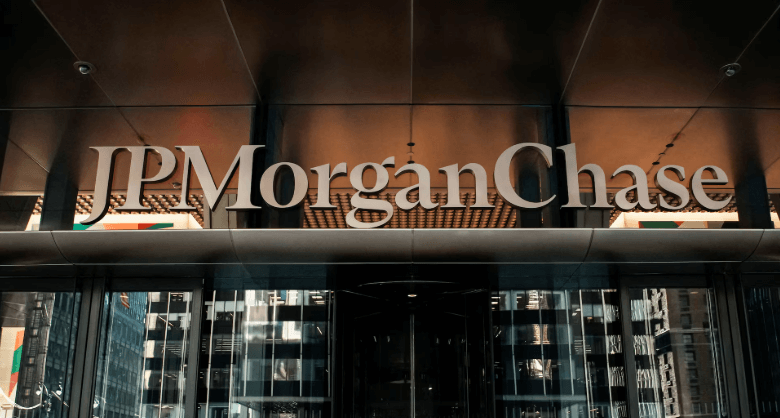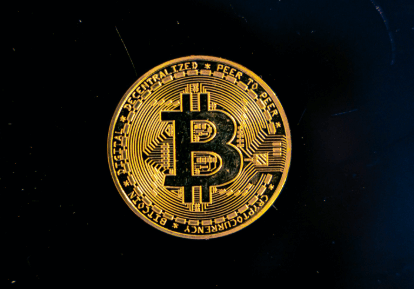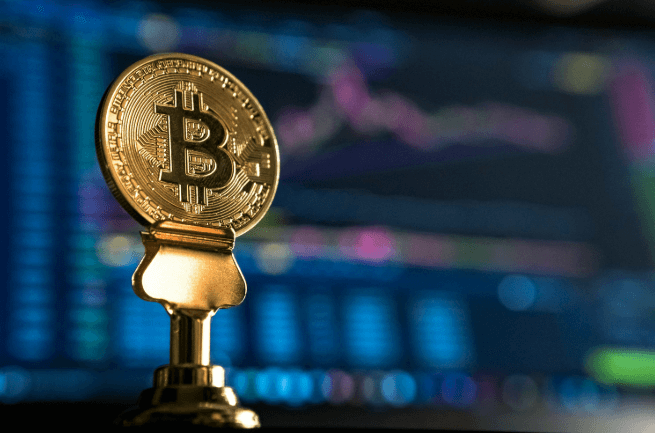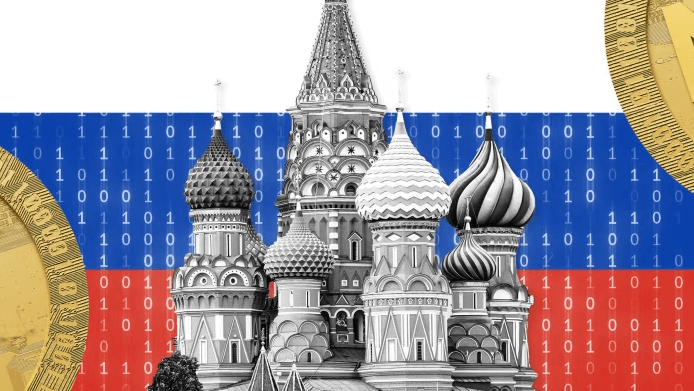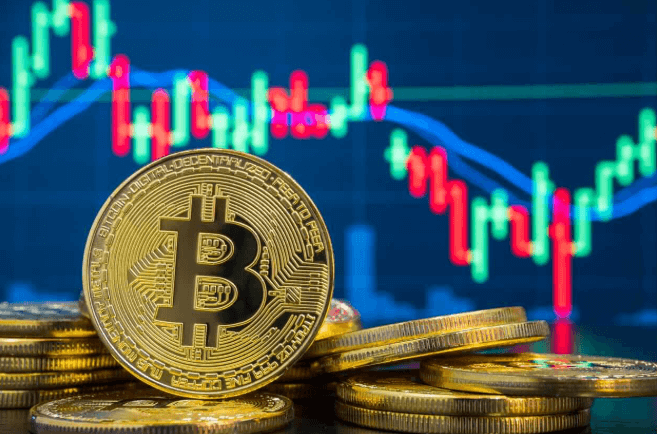The Bitcoin community has expressed mixed reactions following the recent White House Crypto Summit, which brought together key policymakers, financial regulators, and industry leaders to discuss the future of cryptocurrency regulation in the United States. The event was seen as a crucial moment for the industry, as it aimed to address concerns surrounding innovation, consumer protection, financial stability, and illicit activities linked to digital assets.
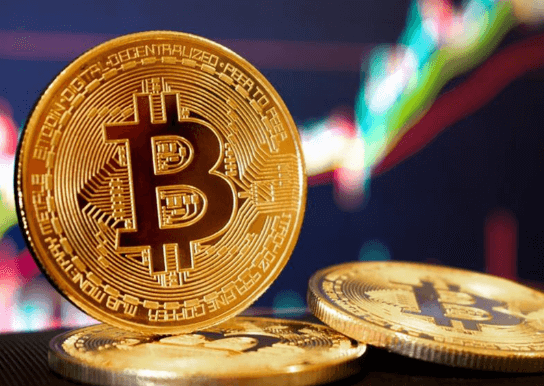
During the summit, officials emphasized the need to establish a regulatory framework that supports technological advancement while mitigating risks associated with cryptocurrency. Key topics included anti-money laundering (AML) measures, the impact of decentralized finance (DeFi), the rise of stablecoins, and the potential implications of a central bank digital currency (CBDC). Some government representatives highlighted the need for greater collaboration between the public and private sectors to foster a more secure and transparent financial ecosystem.
While some industry participants welcomed the government’s willingness to engage in dialogue, others expressed frustration over the perceived lack of clear regulatory guidelines and what they see as a growing hostility toward Bitcoin and DeFi. “The fact that the White House is hosting such discussions shows that Bitcoin and cryptocurrencies can no longer be ignored,” said a prominent crypto analyst on social media. This sentiment was echoed by several crypto advocates who view the summit as a sign that digital assets are gaining recognition at the highest levels of government.
However, not all reactions were positive. Skeptics within the Bitcoin community voiced concerns that excessive government intervention could stifle innovation and push crypto-related businesses offshore. “Regulation should not hinder the very innovation that makes Bitcoin and decentralized finance unique,” argued a well-known Bitcoin advocate. Many fear that stringent compliance requirements and heavy-handed enforcement actions could limit access to financial services for millions who rely on cryptocurrencies as an alternative to traditional banking.
One of the most contentious discussions at the summit revolved around the potential introduction of a U.S. digital dollar. Some policymakers argued that a CBDC could enhance financial inclusion and streamline payment systems, positioning the U.S. as a leader in digital finance. However, critics within the Bitcoin community strongly opposed the idea, citing concerns over surveillance, government control, and threats to individual financial privacy. “A central bank digital currency is the exact opposite of what Bitcoin stands for—it centralizes financial power rather than decentralizing it,” commented an anonymous Bitcoin supporter.
The regulatory uncertainty surrounding Bitcoin and other cryptocurrencies remains a pressing issue. Some industry leaders urged lawmakers to adopt a more nuanced approach that recognizes the unique attributes of decentralized digital assets, rather than applying traditional financial regulations that may not fit the crypto space. Others stressed the importance of providing clear guidelines that protect investors while allowing innovation to flourish.
As the crypto industry continues to evolve, the White House’s stance on Bitcoin regulation will likely remain a focal point of discussion. Market participants and crypto enthusiasts will be closely watching for any concrete policy changes that emerge from these high-level discussions. The outcome of these regulatory debates could have a lasting impact on the future of Bitcoin and the broader cryptocurrency market, shaping how digital assets are integrated into the global financial system.
Disclaimer: This article is for informational purposes only and is not investment advice. Investors should research carefully before making any decisions. We are not responsible for your investment decisions.



